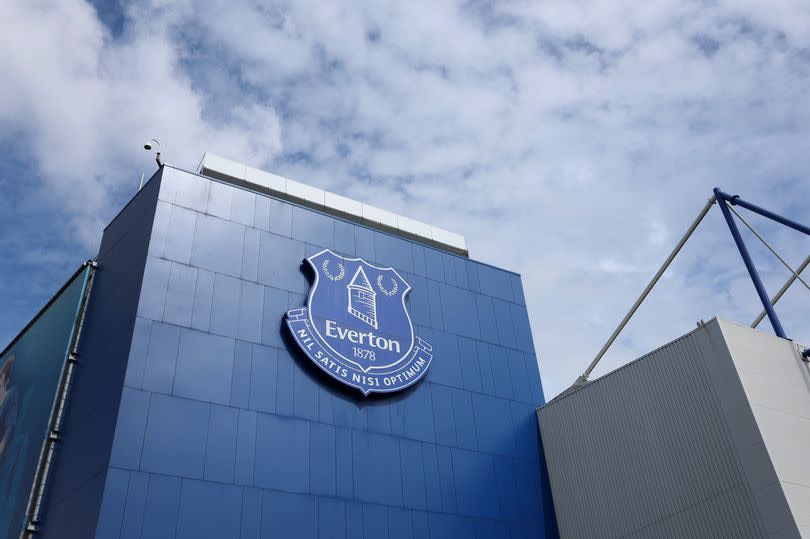Everton face brutal transfer reality as key 16-day window nears after second points deduction

Everton may need to sell a key player in the opening weeks of the summer to help the club avoid a third breach of Premier League spending rules.
Figures contained in the 60 page judgement on Everton’s second case, which it was handed a two point deduction for on Monday, set out the state of play as the club approaches another financial deadline.
They paint a stark picture for a club that continues to record heavy losses despite efforts to adopt a more sustainable long-term approach.
READ MORE: Everton takeover: 777 Partners saga faces pivotal week as MSP Sports Capital deadline nears
Top flight clubs are permitted to lose up to £105m over three years before facing prosecution by the league. That number relates to a club’s underlying losses, minus a series of allowable deductions. It is a threshold Everton have now crossed in consecutive seasons, with the club handed a six point penalty for a £19.5m breach for the period ending in June 2022 and the further two point sanction for a £16.6m excess in the timeframe ending in June 2023. Both punishments have been applied this season, pushing the club into a relegation fight its on-the-pitch performances do not merit.
Everton’s next assessment period will cover the 2022, 2023 and 2024 financial years. The panel that ruled on the club’s second case stated the relevant profit and sustainability (PSR) figures for 22 and 23 are, respectively, £3.9m and £62.7m. This means Everton, from a profit and sustainability position, cannot lose more than around £38m in the 12 months that end on June 30 of this year. This could prove an issue as the club attempts to improve on the £89.1m loss it recorded in its 2023 accounts, a figure that ended up at nearly £63m when it was calculated for PSR purposes. That was the result even with the huge sale of Gordon, plus that of Ellis Simms to Coventry City.
Everton should be better off in one column - last year included around £10m in pay-offs for staff that should not be replicated this term. They include the exits of former manager Frank Lampard and his coaching staff, for around £7m, and directors including Denise Barrett-Baxendale - who received a package of around £2.5m.
But it is unclear where further gains could be made. The wage bill should be lighter - Yerry Mina, Andros Townsend, Asmir Begovic, Tom Davies all left on the expiration of their contracts last summer and were replaced by just the permanent additions of Beto, Youssef Chermiti and Ashley Young, and the loan signatures of Arnaut Danjuma and Jack Harrison.
The wages of Demarai Gray, Alex Iwobi, Tom Cannon, Simms, Neal Maupay (on loan at Brentford) and Jean-Philippe Gbamin (released late in the summer) have all been off the books for most of the year too. But the transfer fees received for Gray, Iwobi and Cannon are unlikely to completely replace the huge gain for Gordon that brought down the 2023 losses by so much.
The only initial upfront fee paid by the club last summer was the small amount for Danjuma’s loan. The summer before led to the commitment of around £100m in fees for players including Amadou Onana, Idrissa Gueye, James Garner, Dwight McNeil and Neal Maupay. But that only had a £37m uplift on annual expenses, with transfer fees amortised over several years - meaning payments continue over the length of those players’ contracts, including for this year.
The numbers, therefore, point to the unhappy potential for a club that has already sold a host of big names in failed attempts to comply with league rules needing to find another sale between June 14, the day the transfer window opens, and June 30, the accounting deadline, in order to avoid another battle with the Premier League - and another potential deduction next season.
The situation adds a further layer of jeopardy to a summer that is already expected to host another hearing over a dispute between the handling of interest fees related to the new waterfront stadium. The panel that handled Everton’s second case deferred that issue until after the season because it was so complex. If Everton were to lose that argument the club would need to make even greater savings to avoid a third breach.

 Yahoo News
Yahoo News 
